We’re willing to bet you’ve heard the phrase “new year, new you” at some point, especially as you approached the new year or thought of setting personal resolutions. Has it gotten old yet?
As we kick off the new year, many of us find ourselves either already reaching the end of our failed new year’s resolutions or significantly lacking in motivation to keep going. Besides, how much motivation can a person muster on their own?
Maybe your new year’s goal was to be more active, or to take up a hobby. You vowed 2024 to be the year you will put down the potato chips and pick up carrot sticks instead, or pick up a new sport, like golfing or pickleball, and spend less time scrolling your phone, wasting away time on the couch.
With these resolutions, you might think, “Oh, this will do wonders for my waistline!” or “Maybe I’ll feel less sad or depressed if I stop looking at my phone so much.”
While those things are very real possibilities, there are so many more benefits to incorporating recreational activities into your life than you might realize. While it does significantly impact and increase your physical and mental health to be active or to step away from those joy-sucking electronic devices, it has been well-tested and documented by treatment centers, such as Cumberland Heights, that recreational therapy does wonders in the world of drug and alcohol addiction.
Okay, so you know what recreation is, but what is recreation therapy?
What is Recreational Therapy?
Also known as therapeutic recreation, recreational therapy is a process that utilizes recreation and other activity-based interventions to address the assessed needs of individuals with illnesses and/or disabling conditions as a means to psychological and physical health, recovery, and well-being. Further, recreational therapy is designed to restore, remediate and rehabilitate a person’s level of functioning and independence in various life activities, according to the American Therapeutic Recreation Association.
Say what? That’s a fancy way of saying that participating in recreational activities not only helps us understand what needs a patient has, but actually helps us treat them. While recreational therapy might sound fun (and it is!), there is real purpose behind the activities that are specifically targeted toward each patient.
Let’s dive into all of the ways recreation therapy helps our patients.
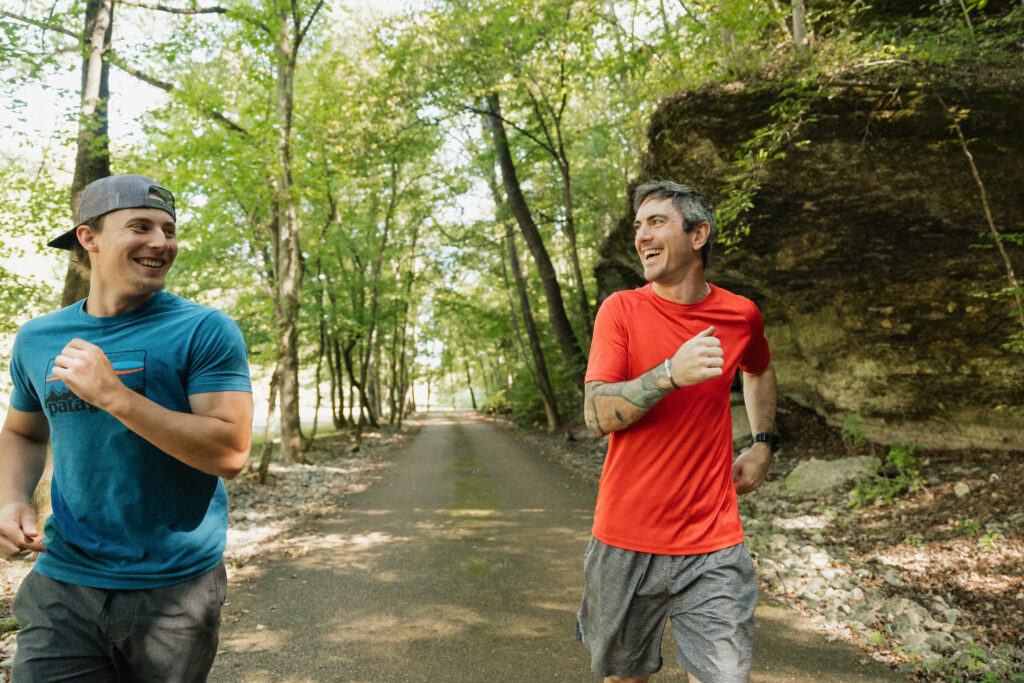
The Benefits of Recreation Therapy
Improved Physical Well-Being
Engaging in recreational activities promotes physical health and contributes to the overall well-being of individuals in recovery. Physical exercise naturally releases endorphins, which can help alleviate symptoms of anxiety and depression commonly associated with substance withdrawal.
Emotional Regulation
Recreation therapy provides a structured environment for individuals to explore and express their emotions. Activities such as art, music, or dance can serve as outlets for emotional expression, aiding in the development of healthier coping mechanisms.
Social Connection
Building and maintaining positive social connections is crucial for long-term recovery. Recreation therapy encourages individuals to participate in group activities, fostering a sense of community and reducing feelings of isolation often experienced during recovery.
Stress Reduction
Many individuals turn to substances as a way to cope with stress. Recreation therapy offers alternative, healthier outlets for stress reduction. Outdoor activities, in particular, have been shown to reduce cortisol levels and promote relaxation.
Cognitive Skills Development
Engaging in mentally stimulating activities enhances cognitive function. Board games, puzzles, and other recreational activities challenge the brain, promoting cognitive skills development and aiding in the recovery of cognitive abilities that may have been affected by substance use.
Enhanced Motivation
Setting and achieving goals in recreational activities can boost self-esteem and motivation. As individuals experience success in these activities, they gain confidence in their ability to overcome challenges, translating into increased motivation for recovery.
Recreational Therapy in Drug and Alcohol Recovery
Alcohol and drug addiction is a complex and challenging issue affecting millions of individuals worldwide. Traditional approaches to recovery often focus on medical interventions and psychotherapy, but an emerging and promising component of addiction treatment, used at treatment facilities such as Cumberland Heights, is recreation therapy.
This holistic approach to treatment recognizes the importance of engaging individuals in meaningful and enjoyable activities to support their journey toward sobriety. In the context of alcohol and drug recovery, recreation therapy plays a vital role in promoting a healthy lifestyle and facilitating the development of coping skills necessary for sustained recovery.
The data shows that recreational therapy has a significant impact on the lives of those who are in drug and alcohol recovery. In fact, studies have shown that incorporating recreation therapy into addiction treatment programs is associated with lower relapse rates, improved mental health outcomes, enhanced treatment engagement, and a positive impact on neurotransmitters.
Lower Relapse Rates
According to a research study published in the Journal of Substance Abuse Treatment, individuals participating in recreation therapy had a significantly lower likelihood of relapse compared to those in traditional treatment programs.
Improved Mental Health Outcomes
A meta-analysis of various studies on recreation therapy in addiction treatment, published in the Journal of Psychiatric and Mental Health Nursing, reported significant improvements in mental health outcomes. Participants showed reduced symptoms of anxiety and depression, indicating the positive impact of recreational activities on emotional well-being.
Enhanced Treatment Engagement
Research conducted by the National Center for Biotechnology Information (NCBI) highlighted that individuals who engaged in recreation therapy were more likely to stay committed to their treatment plans. The enjoyment derived from recreational activities contributed to higher treatment engagement and adherence.
Positive Impact on Neurotransmitters
Neuroscientific studies have explored the impact of recreational activities on the neurotransmitter levels in the brain. Certain activities, such as exercise and artistic expression, have been shown to increase dopamine and serotonin levels, contributing to a more stable mood and reduced cravings for substances.
Convinced yet? Now that we’ve talked about why recreation therapy is so important and the studies that back that up, let’s dive into the different types of recreation therapy and how each can benefit those in drug and alcohol recovery. See if you can guess which of these is offered through one of our programs here at Cumberland Heights.
Types of Recreation Therapy
Adventure Therapy
Adventure therapy involves outdoor activities that challenge individuals both mentally and physically. Activities such rock climbing, hiking, and ziplining are designed to foster teamwork, build self-esteem, and promote problem-solving skills. For those in drug and alcohol recovery, adventure therapy offers a transformative experience, encouraging individuals to step outside their comfort zones and develop resilience in the face of challenges. The outdoor setting also provides a natural and serene environment that contributes to stress reduction and overall peace.
Art Therapy
Creative expression is a highly effective therapeutic tool in the lives of those on the road to recovery. Through painting, drawing, or pottery, individuals can explore and communicate their emotions in a non-verbal way. In drug and alcohol recovery, art therapy provides a means of self-discovery and emotional release. It allows individuals to process their experiences, express inner thoughts, and develop healthier coping mechanisms. Engaging in artistic activities also fosters a sense of accomplishment and self-worth, contributing to a positive self-image during the recovery journey.
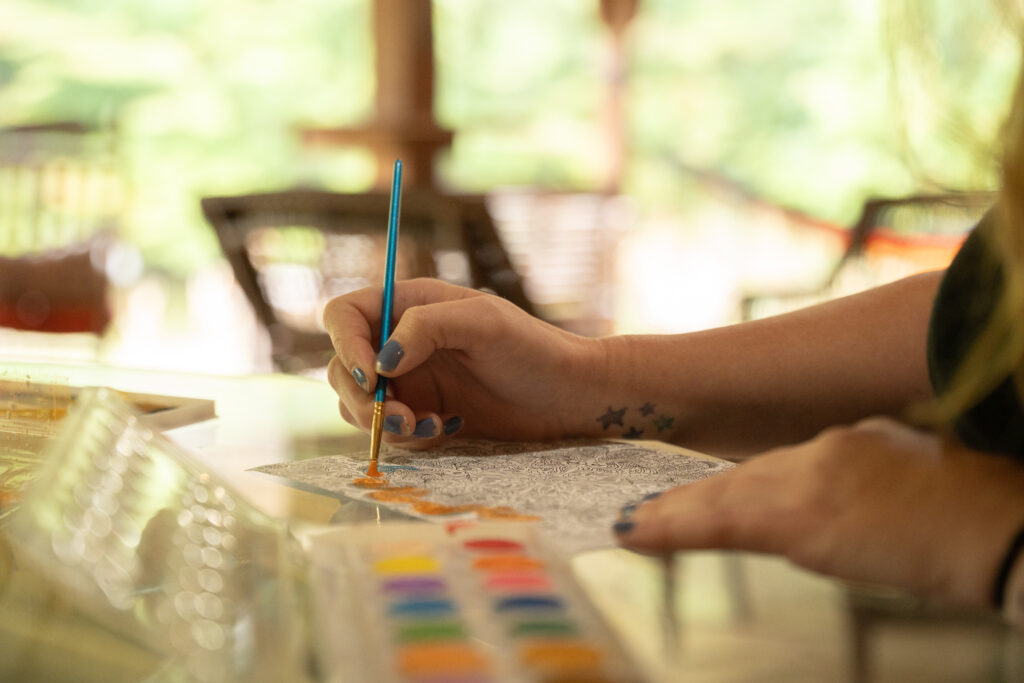
Music Therapy
The use of music and musical activities can serve as a powerful tool for emotional regulation and expression. Playing instruments, singing, or listening to music can evoke positive emotions, reduce stress, and provide an outlet for creativity. Music therapy also promotes relaxation, aiding in the management of anxiety and cravings often experienced during recovery.
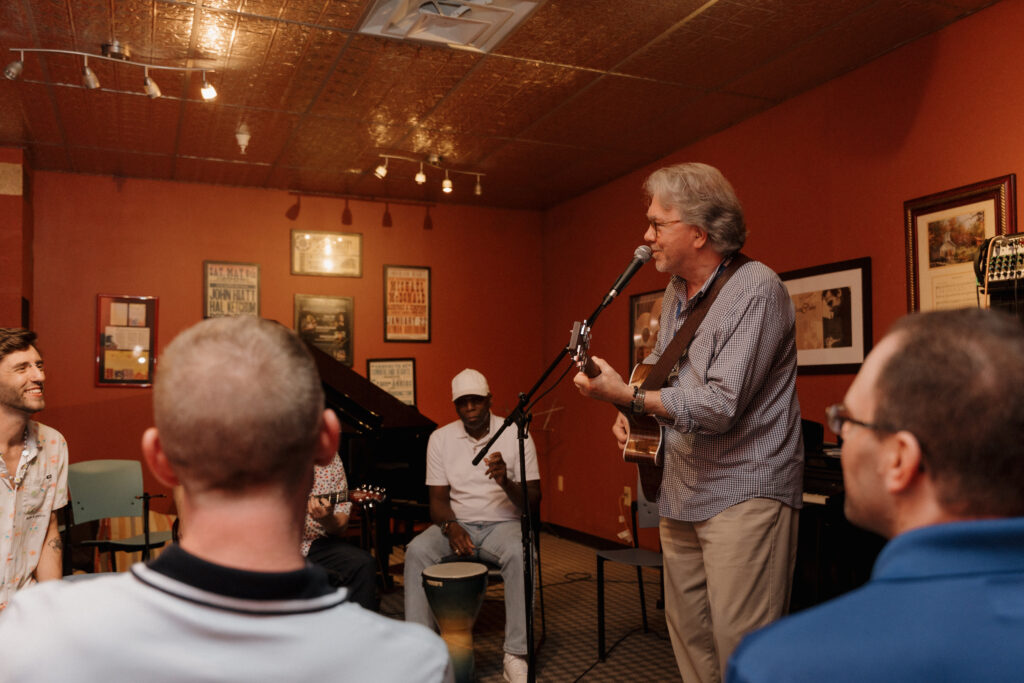
Equine Therapy
Working with horses can help individuals develop trust, communication skills, and emotional awareness. In drug and alcohol recovery, equine therapy provides a unique opportunity for individuals to establish connections and practice healthy relationship dynamics. The presence of horses encourages responsibility and accountability, contributing to the development of essential life skills.
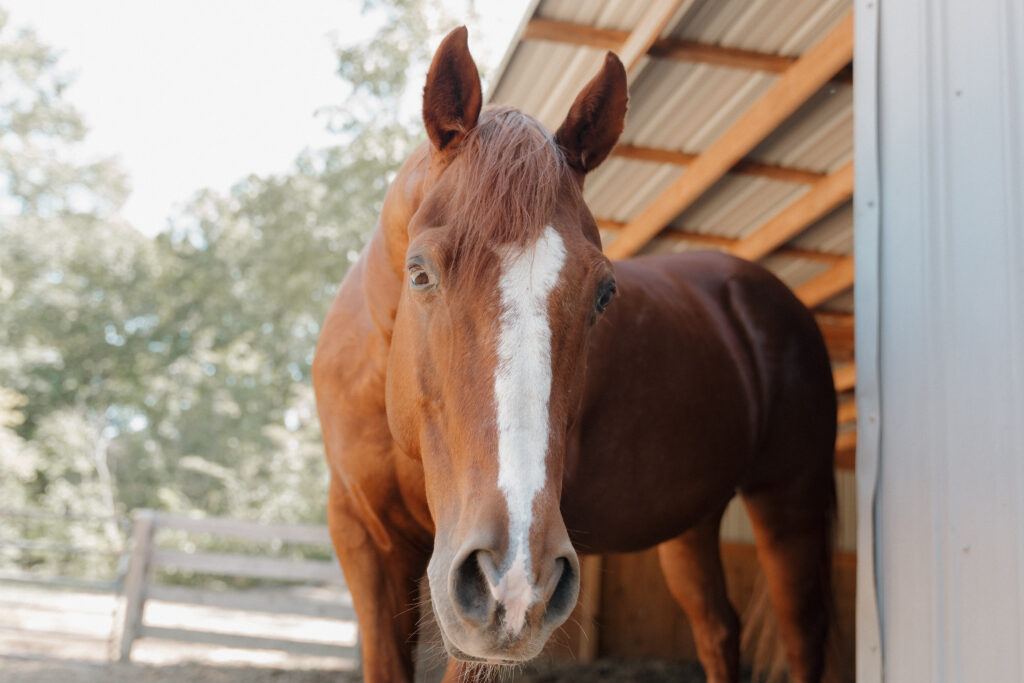
Physical Exercise and Sports Therapy
Engaging in physical exercise and sports therapy plays a crucial role in promoting overall well-being during drug and alcohol recovery. Activities such as yoga, team sports, or a wellness walk can provide physical benefits while also addressing emotional and social aspects of recovery. Exercise, getting your heart pumping and blood flowing, can contribute to improved mood and reduced cravings. Additionally, participating in team sports can foster a sense of camaraderie and belonging, addressing social isolation that is often associated with addiction.
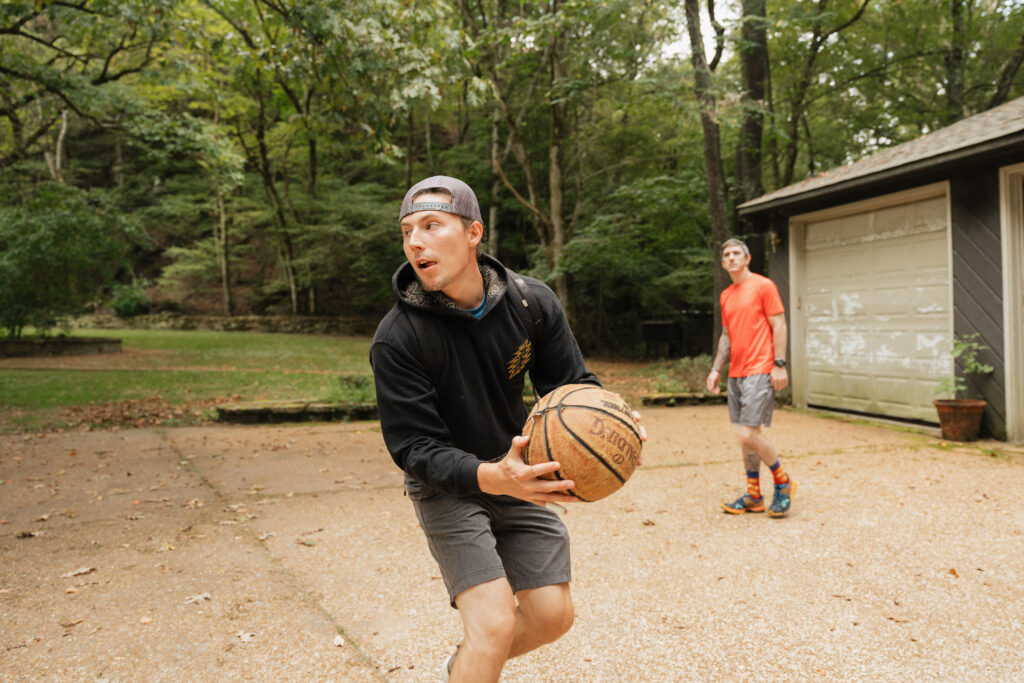
Mindfulness and Meditation
Practices such as meditation, guided imagery, or mindfulness walks are beneficial for individuals in drug and alcohol recovery. These activities help individuals manage stress, reduce anxiety, and develop a greater sense of self-awareness. Incorporating mindfulness into the recovery process enhances emotional regulation and provides individuals with valuable tools for maintaining sobriety.
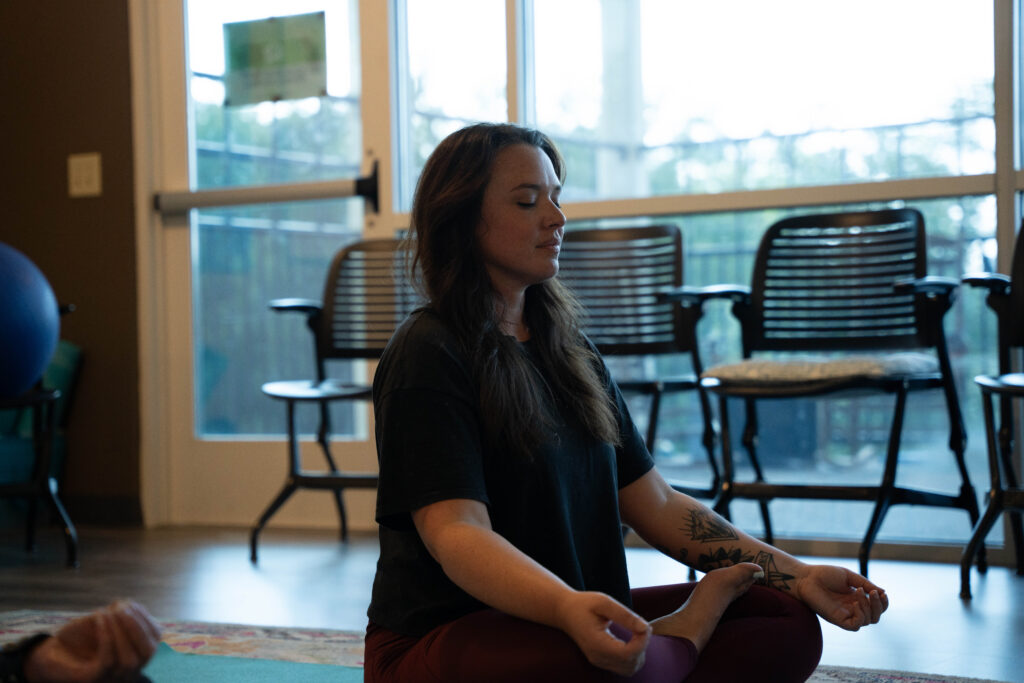
Recreation Therapy at Cumberland Heights
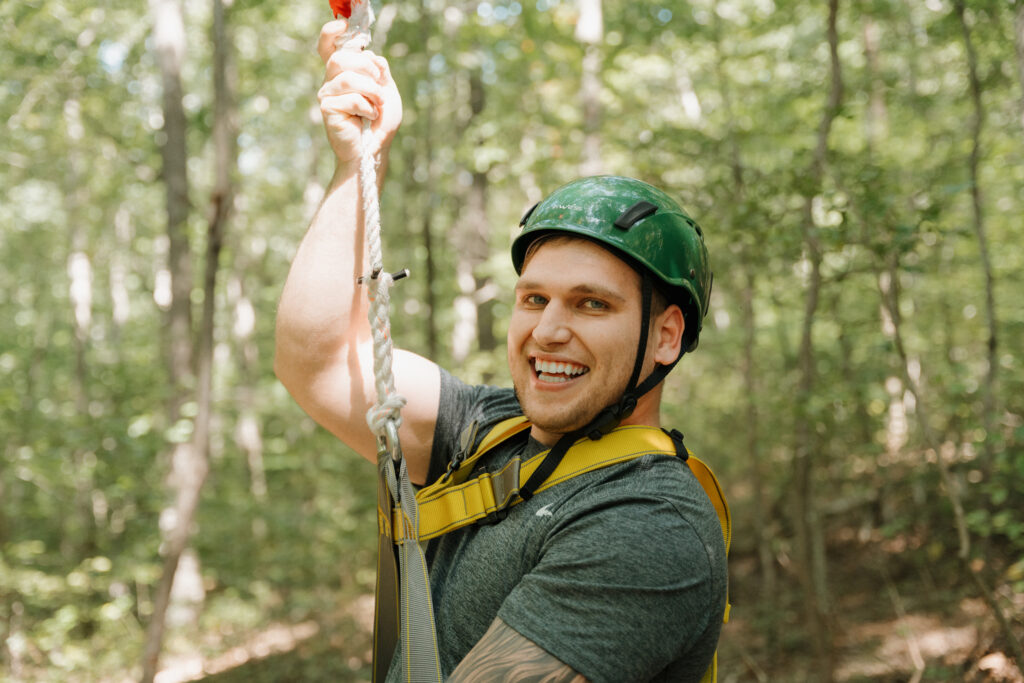
Any guesses which types of recreation therapy are offered at Cumberland Heights? If you guessed all of the above, you are correct! Cumberland Heights offers a plethora of options of recreation therapy, from equine therapy and ziplining at ARCH Academy, to music and art therapy at our River Road campus, to fishing and sports therapy at our Still Waters programs for men and women.
One type of adventure therapy offered at our River Road campus is our indoor rock-climbing wall. Our rock-climbing wall specifically helps patients confront their fears and overcome obstacles, self-imposed limitations, and their comfort zones. Their experience climbing the wall represents many aspects of treatment and the 12-Step recovery concepts, such as powerfulness, surrender, honesty, courage, trust, and faith. Patients participating in the challenge can then draw parallels from their experience to their own recovery.
For example, an individual might be working on Step One and be processing what it looks like to feel powerless. Now, it’s a fact that one thing everyone is powerless over is gravity. Well, the higher the individual climbs on the rock-climbing wall, the greater risk of falling. A patient working on Step Two might use the rock-climbing wall to overcome powerlessness by using the right tools, such as a rope, harness, helmet, equipment, and support. An individual working Step Three could process how, when they decide to entrust their safety to a belayer, they can overcome gravity and make the climb to the top.
The key takeaway here is that everyone climbs the rock-climbing wall in the same way that they approach recovery – one step at a time.
Participating in any aspect of recreation therapy helps patients overcome the mental hurdle of “progress over perfection.” Perfection and control tend to be obstacles for many on the road to recovery. But what patients realize when they participate in a group activity such as rock-climbing, ziplining, or sports, is that they can be bonded through the shared experience. They don’t have to do it perfectly – some individuals may be more hesitant, while some may be the first to get in line. The end result is typically more than they could’ve imagined – a feeling of motivation, encouragement, and strength that carries over into the rest of their day. They build bonds with others, they surprise even themselves with their courage, and they have a shared experience of tackling something hard together and overcoming obstacles that might’ve previously stood in their way.
Is it always a “mountain top” experience? Not at all! Some patients who attempt the rock-climbing wall don’t make it to the top on their try. But even the act of getting into the harness and taking that first step or two can give them a sense of achievement and pride and a willingness to try again. It is through this trial and error — one step forward, one step back, two steps forward — that puts a person on the path to true recovery.
Treatment at Cumberland Heights
As Tennessee’s leading treatment center, Cumberland Heights strives to provide scientifically sound therapies that equip each client for lasting recovery. Our evidence-based practices are rooted in sound research and backed by the outcomes data collected at our facilities by caring, credentialed clinicians.
Cumberland Heights believes in the power of recreation therapy to benefit those in treatment for drug and alcohol addiction. Our River Road campus features art therapy, music therapy, a ropes course, rock-climbing wall, and a fitness trail. Our ARCH Academy for adolescents features a ziplining course, equine therapy, and pottery classes. You’ll find fishing at our Still Waters program for men, along with a basketball court, and art supplies available to ladies at our Still Waters program for women.
The options are endless and there is a type of recreation therapy for everyone – whether a patient is more artistic, more athletic, or simply wants to try a little bit of everything.
Our recreation therapists love getting to see joy in seeing people experience that “Aha!” moment that can often be found in recreation therapy.
For more information on recreational therapy and treatment at Cumberland Heights, click here. Let us be a part of your life transformation!










